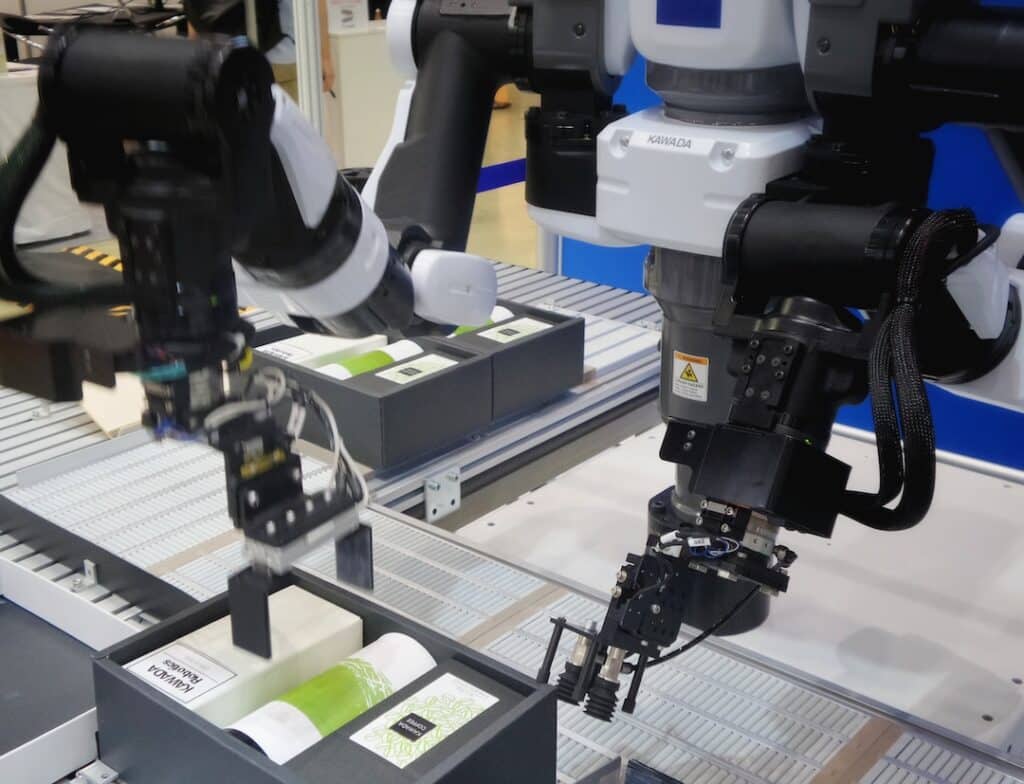The Benefits of Integrating Knowledge Management and AI

Progressive strides in business and technology have led to remarkable advancements in how organizations store, manage, and use their intellectual capital. Despite being separate fields, the integration of knowledge management and artificial intelligence (AI) has proven transformative in optimizing strategies in various sectors, leading to more practical and efficient processes. This integration has significantly improved decision-making as well. Below, we will delve deep into the benefits of converging knowledge management and AI.
Understanding Knowledge Management and Artificial Intelligence
Knowledge management is an organized approach geared towards generating, storing, sharing, and using an organization’s intellectual assets effectively. It encompasses the strategies operations implement to leverage knowledge internally and externally. Conversations around the topic have increased in recent years, signaling the recognition of knowledge as a valuable resource.
AI, on the other hand, simulates human intelligence in machines programmed to think like humans and mimic their actions. The term generally applies to any machine that displays attributes associated with a human mind, such as problem-solving and learning.
Embracing the symbiosis of AI and knowledge management systems fosters enhanced efficiency and adaptability. Organizations must cultivate a nuanced comprehension of AI’s multifaceted impact on information retrieval, categorization, and dissemination. The seamless integration of AI augments decision-making processes, offering insights that extend beyond traditional methodologies.
Significant benefits are achievable with a thorough understanding of knowledge management and AI. Let’s explore how these two facets intertwine.
Enhancing Decision-Making With AI and Knowledge Management

The application of AI within knowledge management significantly enhances decision-making in organizations. This is primarily due to AI’s potential to process vast amounts of data and produce meaningful insights from it, offering a data-driven basis for decisions.
By integrating these two aspects, organizations can successfully analyze the existing data lacks, improve the accuracy of the predictions, thereby, effectively informing strategic changes and action plans.
Furthermore, the integration allows automatic updating of knowledge bases, continuously adapting to changes, and providing real-time results, which is a vital factor in fast-paced industries. The goal is to aid organizations in making timely and intelligent business decisions.
Without question, fusing AI and knowledge management propels strategic planning, problem-solving, and the meeting of organizational targets, leading to better decisions and better results overall.
Successful Outcomes From Integrating AI With Knowledge Management
When successfully integrated, AI and knowledge management can significantly reinvent business operations. Benefits include better decision-making processes, improved customer service, increased efficiency in operations, and cost savings. Notably, the fusion provides powerful tools for forecasting future trends and correlating seemingly unrelated data.
With the progression of these technologies, businesses can channel their data into actionable insights, providing a competitive edge. Thus, the future success of organizations may heavily depend on their ability to successfully merge AI and knowledge management.
Developing compelling systems that blend AI and knowledge management will continue to be a pertinent goal for businesses as they evolve in the increasingly data-driven landscape.
Undoubtedly, the symbiosis between AI and knowledge management is paving the way for more intelligent and effective operations in various sectors. It saves the trouble of combining various collaboration tools where only two are needed to successfully execute knowledge sharing and other operations.
Overall, the integration of knowledge management and AI offers a significant boost to individual organizations and society at large. With the continuous progress of these technologies, it’s evident that the future lies in their successful harmonization. New technology and old can only benefit from the integration of knowledge management services and AI models.
FAQ
Why is AI important in knowledge management?
AI plays a crucial role in knowledge management by automating the process of collecting, organizing, and analyzing data. It can identify patterns and insights that humans might overlook, leading to more informed decision-making.
What are the benefits of integrating AI?
Integrating AI can lead to improved efficiency, accuracy, and productivity. It can automate routine tasks, provide valuable insights through data analysis, and enhance customer experiences through personalized recommendations.
What are the advantages of knowledge-based system in AI?
Knowledge-based systems in AI can make informed decisions based on the vast amount of information they have been trained on. They can provide expert advice in various fields, from medical diagnosis to financial planning.
What are the advantages of knowledge acquisition in AI?
Knowledge acquisition allows AI systems to learn and adapt over time. It enables them to improve their performance, make more accurate predictions, and provide more personalized services.
What is the connection between knowledge management and AI?
AI enhances knowledge management by automating data collection and analysis, identifying patterns and insights, and facilitating informed decision-making. It makes knowledge management more efficient and effective.
How does AI impact knowledge management?
AI transforms knowledge management by automating processes, providing real-time insights, and enabling personalized experiences. It makes knowledge management more dynamic and responsive.
How generative AI can improve knowledge management?
Generative AI can create new content or ideas based on the knowledge it has acquired. This can lead to innovative solutions and improvements in knowledge management.
How can artificial intelligence help knowledge creation?
AI can analyze vast amounts of data to identify patterns and insights, leading to the creation of new knowledge. It can also simulate human intelligence to generate creative ideas.
What are 3 benefits of AI?
AI can increase efficiency by automating routine tasks, provide valuable insights through data analysis, and enhance customer experiences through personalization.
What are three potential benefits of AI?
AI has the potential to revolutionize industries by automating processes, providing real-time insights, and creating personalized experiences. It can also drive innovation by generating new ideas and solutions.
What is AI and its benefits in the education sector?
AI refers to the simulation of human intelligence processes by machines. In education, AI can personalize learning, automate grading, provide feedback, and identify areas for improvement, enhancing the learning experience.






